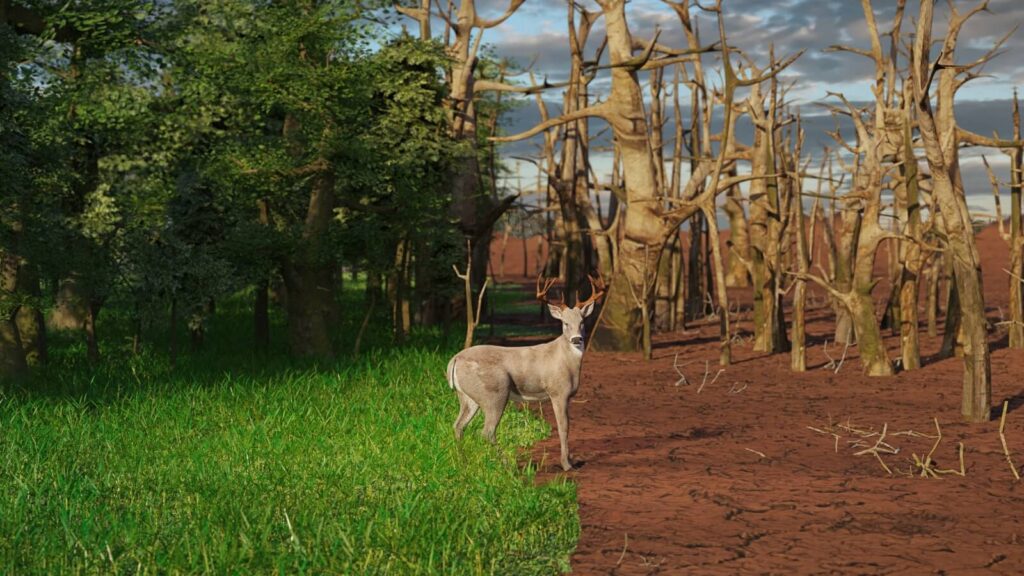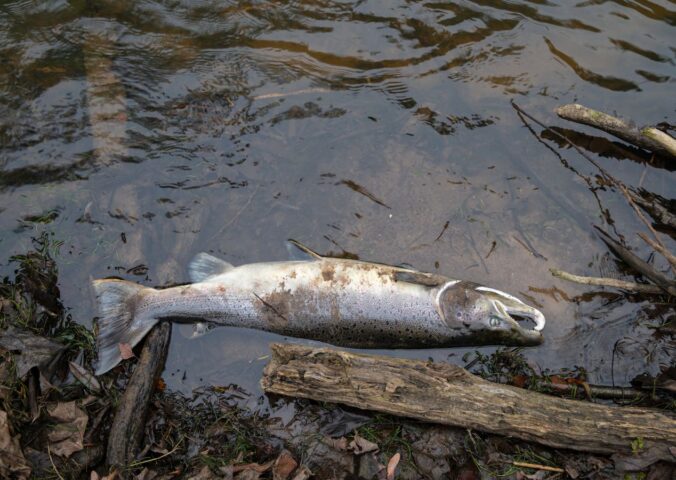A newly published study has unearthed the potential environmental advantages of swapping out animal products for plant-based food. Researchers found that high-income countries could drastically reduce their agricultural greenhouse gas emissions – by almost two-thirds – if they lowered their meat and dairy consumption.
The study, published in Nature Food, focussed on 54 high-income countries, including Australia, France, Germany, the UK, and the US.
Researchers looked at how the carbon footprint of these countries could change if their residents adopted the EAT-Lancet Commission’s “plant-forward” planetary health diet.
Under these guidelines, whole grains, fruits, vegetables, nuts, unsaturated plant oils, and legumes, for instance, make up most of an individual’s calories. Meanwhile, meat and dairy take a backseat, and are recommended in small amounts.
Results
The study’s authors found that high-income countries could lower their agricultural emissions by 61 percent by adopting this plant-focused approach.
Dr Sonja Vermeulen, the lead global food scientist at WWF, was not involved in the study but spoke to Carbon Brief about the findings.
“To put this in perspective,” Vermeulen explained, “it’s about the same positive impact as all countries signing up to and implementing the COP26 declaration on the transition to 100 percent zero emission cars and vans globally by 2040.”
It’s not just emissions that would change alongside dietary shifts. Moving away from animal products could free up an area of land larger than the entirety of the European Union, researchers said.
And if this land was left to revert to its natural state, it would sequester roughly 100 billion tons of carbon by the end of the century.
This is equal to 14 years of global agricultural emissions from 2010.
“The term ‘food system transformation’ is perhaps often used too lightly – but there can be no doubt that the changes in these places would constitute total transformation of local economies, landscapes and cultures,” Vermeulen commented.
“Imagine the vast cattle ranches of the US and Australia replaced with equally vast rewilded or repurposed lands – would these be used for biomass and bioenergy, or conservation and biodiversity, and how would rural communities create new livelihoods for themselves?”

Taking responsibility
Dr Matthew Hayek is an assistant professor in the Department of Environmental Studies at NYU’s College of Arts & Science. Hayek also spoke to Carbon Brief about the research.
Hayek, who was not involved in the study, suggested that those living in high-income communities have a responsibility to help tackle climate breakdown.
“Folks in developed countries eat far more meat and dairy than the global average… Reducing emissions from food consumption in rich countries is critical. For consumers who have ample food choices, these choices play a sizable role in contributing to our climate goals,” Hayek explained.
“Our policies must reflect this by making healthy and sustainable food choices more prevalent, convenient, and inexpensive,” they continued. “Imagine if half of the public in richer regions cut half the animal products in their diets, you’re still talking about a massive opportunity in environmental outcomes and public health.”
Moreover, such changes could have a domino effect and improve low- and mid-income countries’ environmental standing. This is without those groups even adjusting their own eating habits.
If high-income nations lowered their meat intake, countries like Brazil and India would not need to export so much food, the study explains. This would lower their own emissions and free up land to capture carbon.
Meat and the planet
The recent research is certainly not the first to find links between animal agriculture and environmental damage.
In September, a major study, also published in Nature Food, found that meat production is to blame for 57 percent of global food-related emissions.
Along a similar vein, separate research discovered that meat-eaters are responsible for nearly two-thirds more emissions than vegetarians.
Animal agriculture is also a leading driver of air and water pollution, deforestation, and ocean dead zones. It’s also resource-intensive, requiring vast amounts of water and crops.






